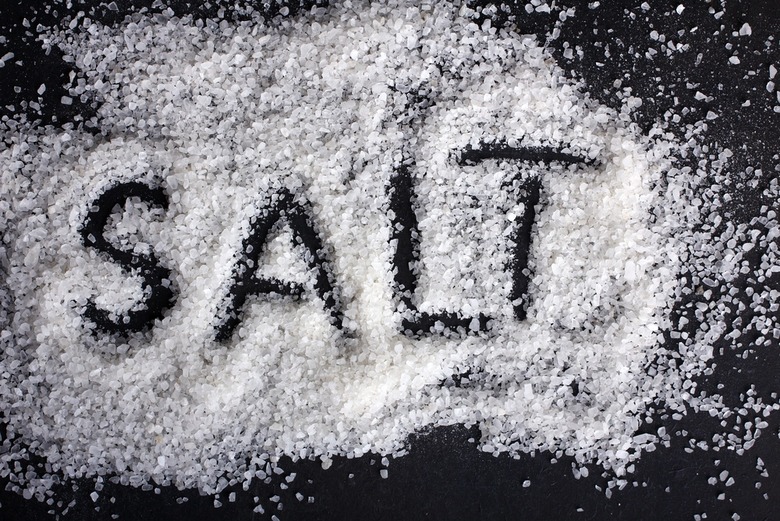New York City Chain Restaurants Must Provide High-Sodium Warnings On Menus, Judge Rules
A judge in New York City's State Supreme Court has upheld a ruling that requires chain restaurants — those with 15 locations or more, nationwide — to label high-sodium menu items with a visual warning, a salt shaker inside a black triangle.
Excess sodium intake has been linked to a number of health concerns, including high blood pressure, heart disease, and stroke, according to the Harvard School of Public Health.
The rule, which took effect in December, informs customers if a specific menu item exceeds 2,300 milligrams of sodium, the recommended daily salt intake for most adults. Experts recommend just 1,500 milligrams for those who are 51 or older, black, have high blood pressure, diabetes, or chronic kidney disease. The average American, meanwhile, typically consumes approximately 3,400 milligrams per day, according to federal data.
Despite the fact that the ruling does not restrict the use of sodium, the city's board of health was sued over the issue by the National Restaurant Association, a restaurant trade group, which described the law as unfairly burdensome to restaurant owners. In court, Justice Eileen Rakower dismissed the lobby group's attempt at an injunction. "Information is power," Rakower said.
The city's salt law is the first of its kind in the United States, and is particularly significant as a measure against heart disease, the leading cause of death in New York City and the U.S.
Beginning March 1, restaurants that fail to comply with the rule will be fined $200 for each infraction.
"This is really good news for the health of New Yorkers," said Dr. Mary Travis Bassett, the city's health commissioner.
